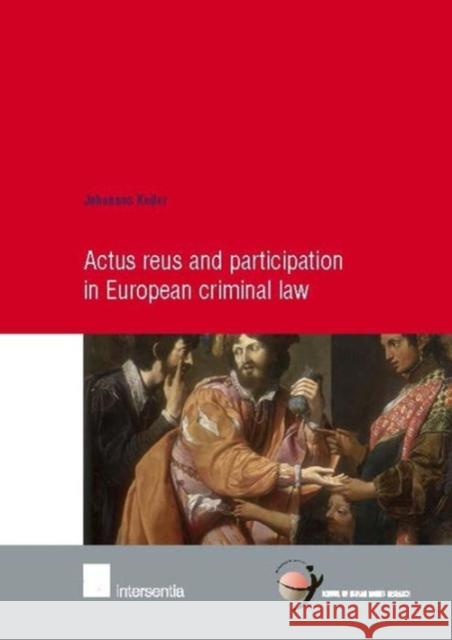Actus Reus and Participation in European Criminal Law: Volume 60 » książka
Actus Reus and Participation in European Criminal Law: Volume 60
ISBN-13: 9781780681351 / Angielski / Miękka / 2013 / 586 str.
With the coming into force of the Treaty of Lisbon, the competences of the European Union in the realm of criminal law have greatly expanded. The EU, in a multitude of legislative instruments, requires its Member States to criminalize a big variety of harmful conducts. However, the criminal law legislation of the EU has, so far, almost exclusively focused on specific criminal offenses and has failed to develop and define general principles of criminal law. The EU frequently refers to conduct, attempt, and participation in its legislation, but fails to determine what these concepts should denote. As a result, the scope of European criminal law may differ among European countries as Member States will apply their national doctrines to European legislation. This book steps into this lacuna by establishing what actus reus and rules on participation should look like in European criminal law. In addition, it investigates inchoate offenses and corporate criminal liability. How should the doctrines of conduct, omission, and causation be defined? How to attribute liability in case several people cooperate to bring about a criminal result? What should preparing and attempting a crime denote in European criminal law and how can corporations best be held responsible for the harm they have caused? To answer these questions, this book distills common general principles on actus reus, participation, inchoate and corporate liability from the national criminal justice systems of the Member States, as well as from EU law. These results are subsequently merged into coherent principles of European criminal law. The author, Dr. Johannes Keiler, was awarded the prestigious criminal law Modderman Prize for this book in 2014. (Series: School of Human Rights Research - Vol. 60)











